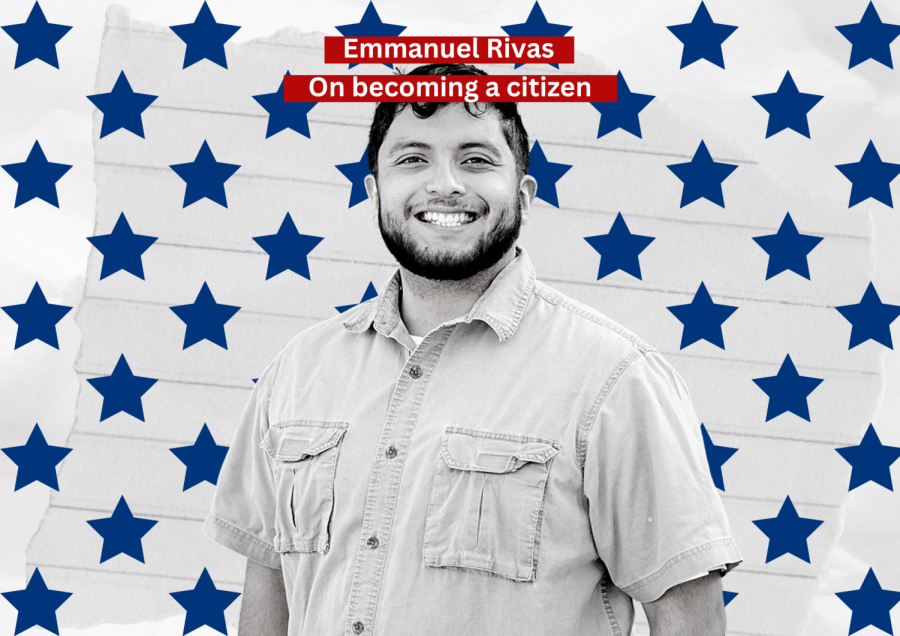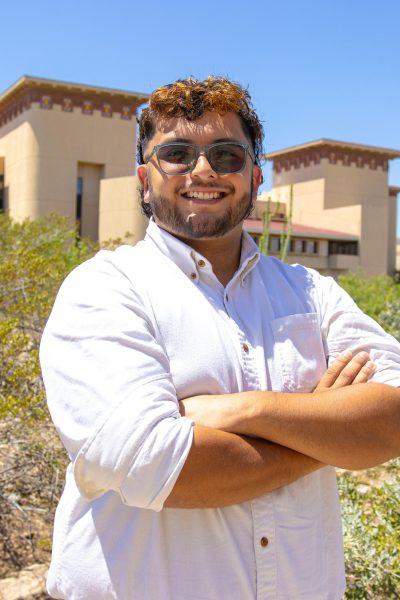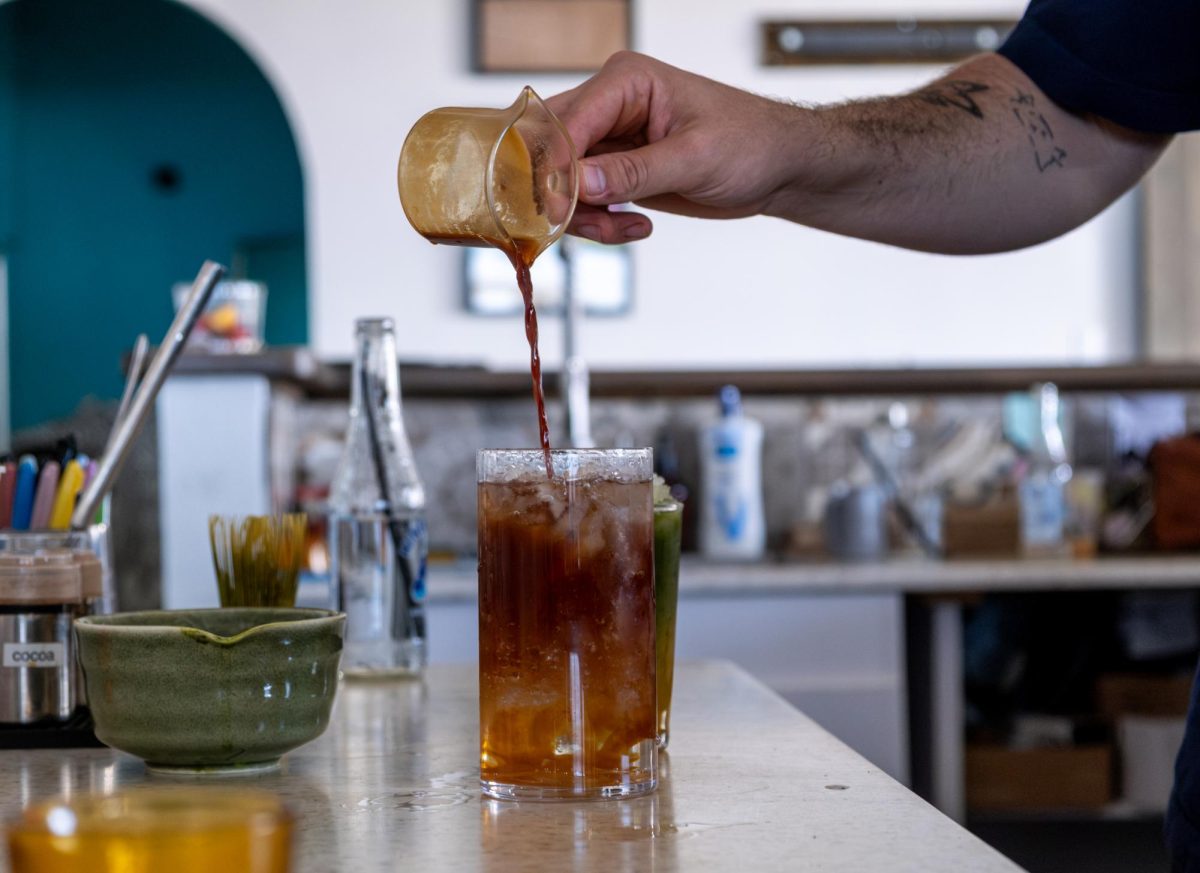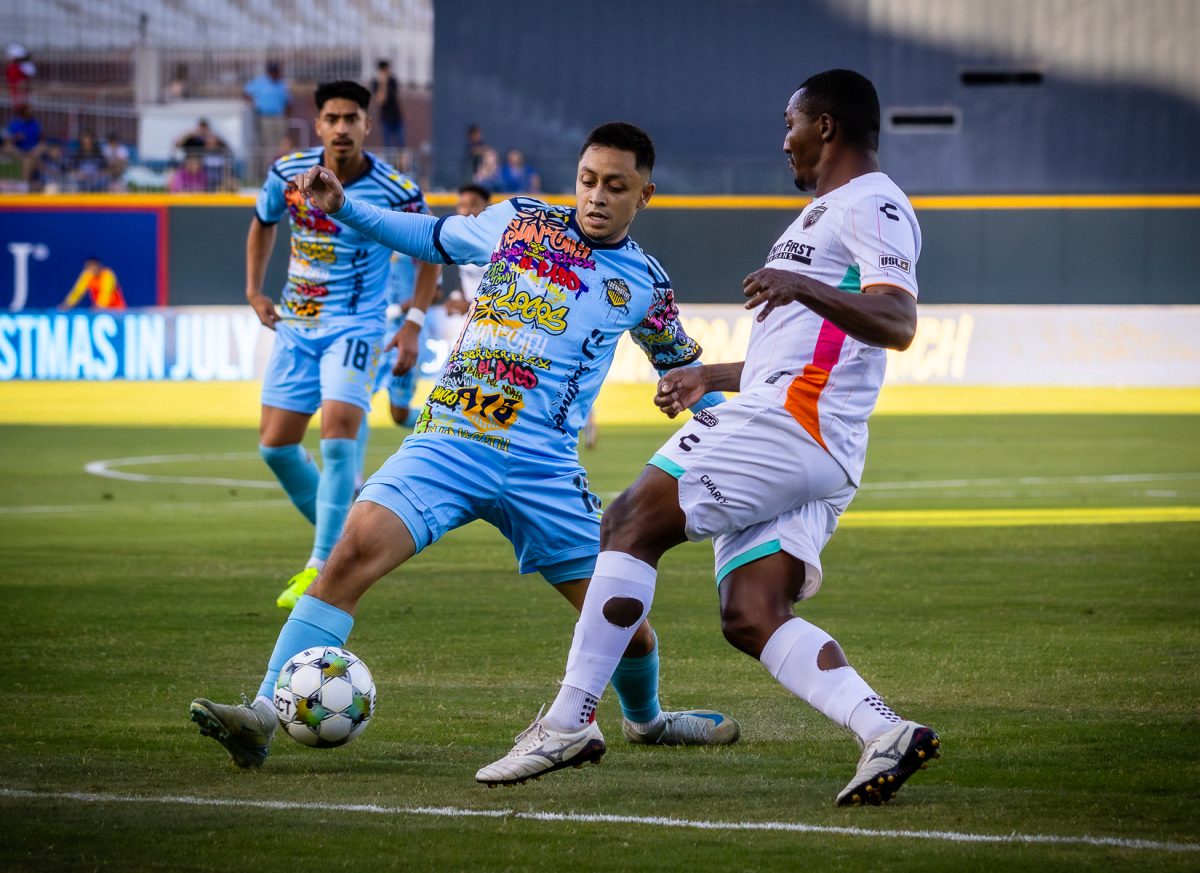Earlier this year, I earned the great honor bestowed upon me by our democracy: citizenship. After a long and expensive journey, I finally became a naturalized citizen of the United States.
My journey began back in 2006 when my stepfather convinced my mother to live in El Paso with him. After a few years my stepfather got a job in Fort Worth, Texas, which placed my mother and me in line for permanent residency. I vividly remember going through the application process as our biometric appointment was placed in a shopping mall just across the food court.
After becoming a permanent resident in 2009, I went to school where I developed a taste for music, writing and politics. These interests piqued in high school when I joined the schools’ bands and early college programs. In band, I had the opportunity to become section leader of the mellophone section and became the first chair of the schools’ wind ensemble. In the classroom, I excelled in my OnRamps Rhetoric and Writing course while learning more about U.S. History in my OnRamps History class and my Tarrant County College Dual Credit American Politics.
The United States Citizenship and Immigration Services (USCIS) Policy Manual states “An applicant for naturalization must show that he or she has been, and continues to be, a person of good moral character.”
My experiences growing up shaped my character into one suitable for naturalization. Leadership, hard work and kindness are among the characteristics I developed prior to my naturalization. I am clearly not alone in this journey. In 2021, nearly 900,000 individuals earned their right to citizenship each year in the U.S.
I officially started my petition for citizen status in January 2022 when I could finally manage to pay the $725 application fee. At that point, I was a few days out from returning to UTEP for the spring semester. A few weeks later, my biometric appointment was scheduled. The only hitch was the appointment was located back home in Fort Worth. I managed to find about $300 for a round trip plane ticket in early February. I spent a few days away from school and managed to spend some time with my family and friends. I even got to see The Batman during opening weekend.
After traveling back to El Paso, I waited just about six months for the next phase of my application process; the interview. This was advertised as the make-or-break portion of the whole process. An agent will determine if the petitioner is qualified for citizenship based on a series of spoken and written questions regarding several aspects of U.S. history and social studies. This is where my aptitude from high school kicked in. I passed my citizenship test with ease.
There was a hitch, however. Most individuals who become naturalized are naturalized after the interview. The problem was that my freaking name was wrong. When my mother applied for my permanent residency, something went wrong, and my green card spelled my name as Emmanule Rivas as opposed to Emmanuel Rivas. As a result, all my records read as Emmanule. Thankfully, USCIS offers name changes when someone applies for naturalization. I decided to change my name to its proper spelling. On top of that, I decided to add two surnames. The first one would be the family name of my late grandmother, Valenzuela. The second would be my stepfather’s surname, Armendariz. This name change would force me to wait another six months.
This brings me to Feb. 7. After another expensive plane ride home, I finally closed the chapter on my permanent residence status and became a U.S. citizen. Over 100 people from various generations from almost 40 different countries filled a room on the precipice of something beautiful. As a USCIS judge swore us in, I looked around the room and saw hundreds of different journeys, stories and struggles. The beauty that makes the U.S. was in that room. I was in that room.
After finishing the Oath of Allegiance, I felt a wave of emotions as the judge congratulated us. I began to reminisce about everything that had brought me to that moment. My mother, stepfather, friends and family came to mind. The experiences in grade school and UTEP that formed me into the man I am today. The rush brought me to tears. This is not the end of my journey as I fought for the right to vote, run for public office and most importantly, my right to continue my work as a free journalist.
Emmanuel Rivas Valenzuela is the sports editor and may be reached at [email protected]: @rivasemmanuel2 on Instagram.











